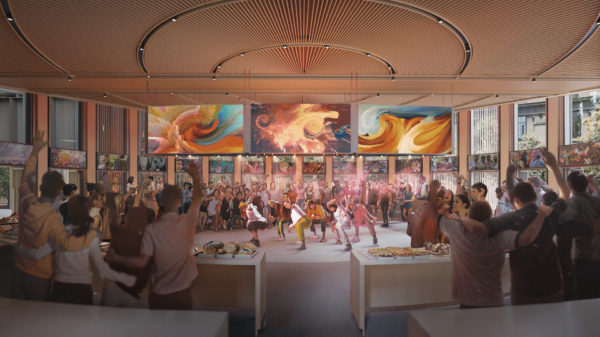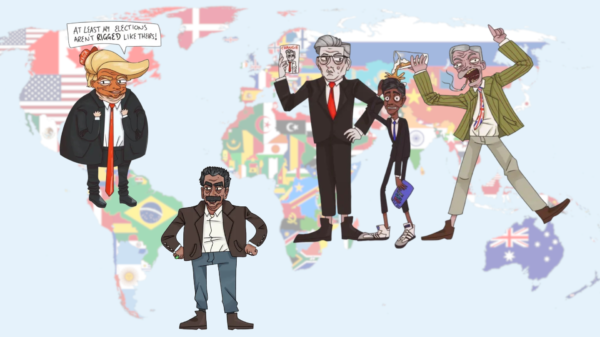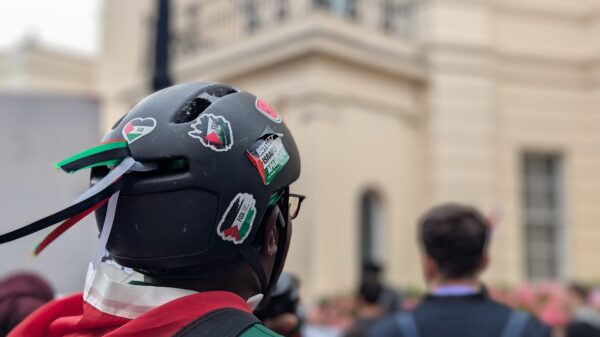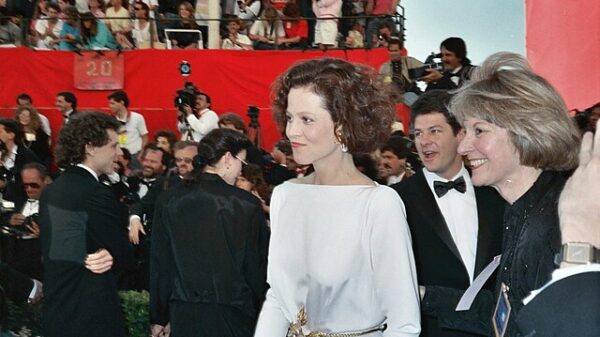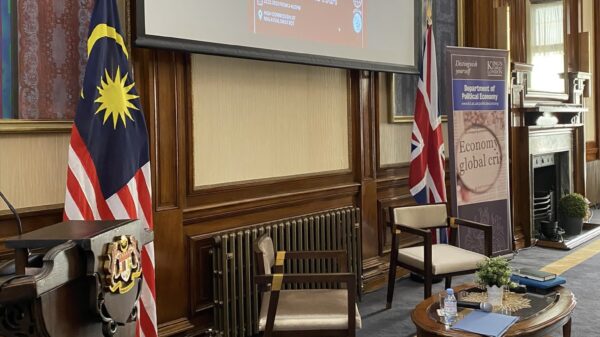Roar writer Ally Azyan comments on the debate surrounding the casting of Nick Young in the 2018 romantic-comedy “Crazy Rich Asians”, arguing that it displays how little non-Southeast Asians know about the region and illustrates the film’s greater failures.
If you’re an active Twitter user who happens to follow Simu Liu, you would have seen the excerpt from his memoir, We Were Dreamers, where he recounted his experience of being rejected for the 2018 romantic-comedy “Crazy Rich Asians”. In an interview with Digital Spy, he revealed that he had auditioned for the lead role of Nick Young, the humble heir to the Young family fortune.
This has since sparked a debate over the casting of Nick Young where some stated that Simu Liu would have been better suited for the role. However, the reasons for it are, for lack of a better word, ignorant. What could have been a simple fan war over the acting skills of the two actors instead became an insight into how Southeast Asia is perceived by non-Southeast Asians, who apparently knew more about us than we do ourselves. It also revealed how “Crazy Rich Asians” failed in its mission to represent Southeast Asia as a multicultural and ethnic hub and, instead, presented it as just another region populated by East Asians.
If you don’t know by now, Southeast Asia is an Asian region that consists of 11 countries: Brunei, Cambodia, Timor-Leste, Indonesia, Laos, Malaysia, the Philippines, Myanmar, Singapore, Thailand, and Vietnam. There is more than one ethnicity in this region (shocking), and in Singapore (where “Crazy Rich Asians” is set), it is mostly composed of ethnic Chinese, ethnic Malays, and ethnic Indians. Perhaps the thing that confuses non-Southeast Asians most is the fact that someone being of Chinese descent does not automatically make them East Asian.
My judgement as a Southeast Asian:
Simu Liu is a Chinese Canadian (Asian Canadian). Henry Golding is Malaysian-British, and his mother is of the indigenous Iban group in Sarawak (Southeast Asian). Nick Young is a Singaporean Chinese (Southeast Asian). The most logical choice, in this case, would be Henry Golding, as he and the fictional character Nick Young are both Southeast Asians.
What makes Twitter users mad is that Golding is half-white while Liu is, to their eyes, fully Asian. This mindset is what prevents us from addressing the real issues of race. In order to be Asian, one must possess East Asian physical features. If one resides outside of this model, they are pushed aside and otherised.
However, Golding has a more nuanced understanding of Southeast Asia and Singapore (whose culture shares similarities with that of Malaysia), having spent his early childhood and later adult years in West Malaysia, as well as being heavily in touch with his Iban heritage. Liu, on the other hand, does not even understand the true purpose of “Crazy Rich Asians”. In his memoir, Liu wrote: “[Crazy Rich Asians] was a resounding victory for Asian American representation”. Yes, the cast was mostly made up of Asian Americans and British Asians, but at its core, it was meant to be a victory for Southeast Asians.
Furthermore, the movie was directed in a way that demonised Southeast Asians (Eleanor Young) and victimised an Asian American (Rachel Chu) who refused to understand the differences between her culture and that of the Singaporean family. The book that the movie is based on, written by Kevin Kwan, has a different purpose, which is to showcase the high society of Singapore and on a larger scale, of Southeast Asia. It shows that our culture does not have to be adjusted to that of America; that it is rich on its own.
And spoiler alert: in the book, Eleanor only allowed Rachel and Nick to marry because she found out that Rachel’s biological father is one of the richest men in China; not because of Rachel’s God-awful monologue in the infamous mah-jong scene.
If Liu understood this movie as Asian American representation, then director Jon Chu (whose understanding of the story was also inaccurate) was right to not cast him as Nick Young. The only saving graces of this movie were the extravagant settings and Henry Golding, Gemma Chan, and Michelle Yeoh’s phenomenal performances.
Liu also hinted in the same interview that he hopes to play Carlton Bao (Rachel Chu’s half-brother) in the sequel. Let’s hope he actually understands the true meaning of “Crazy Rich Asians” by then.


